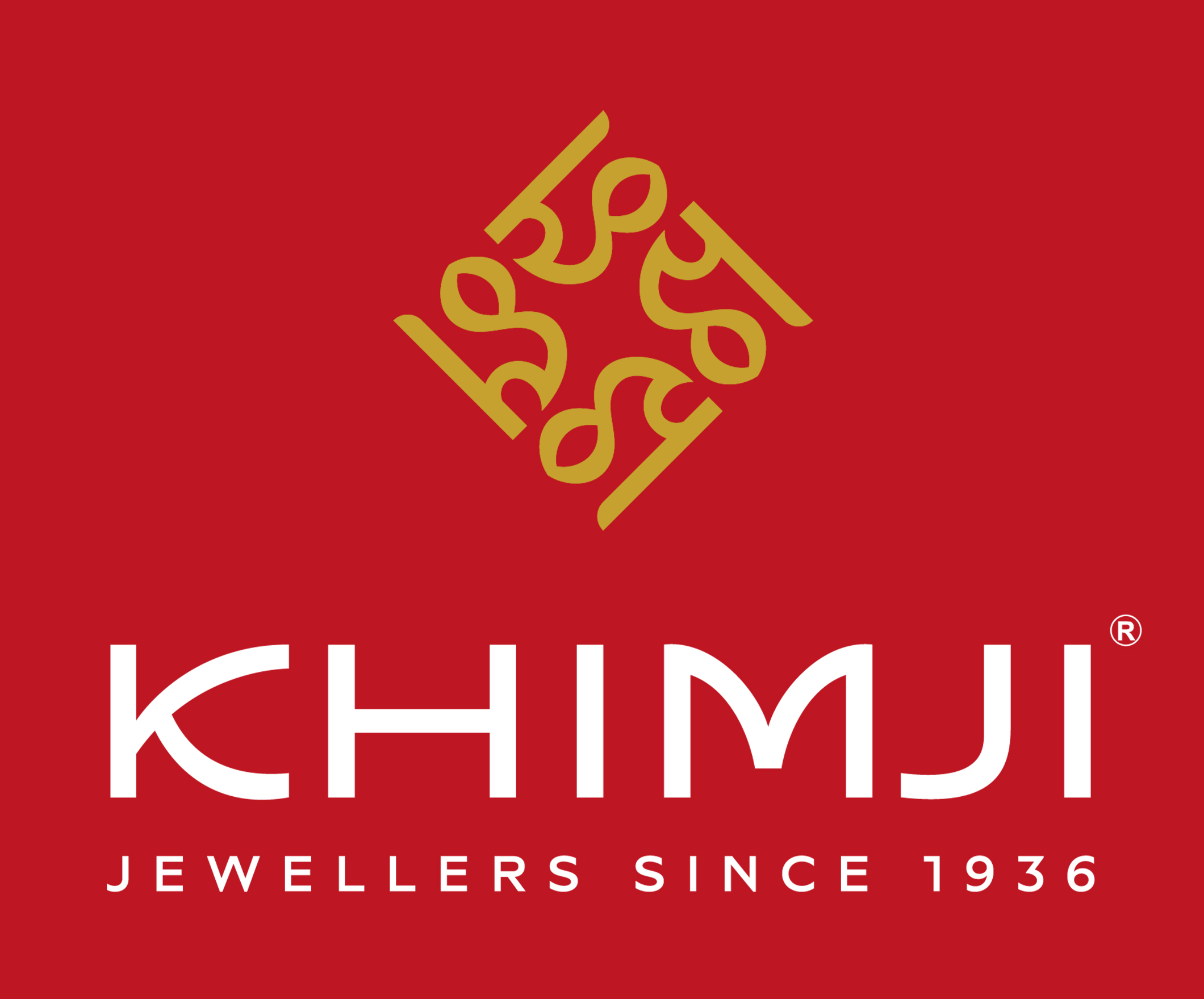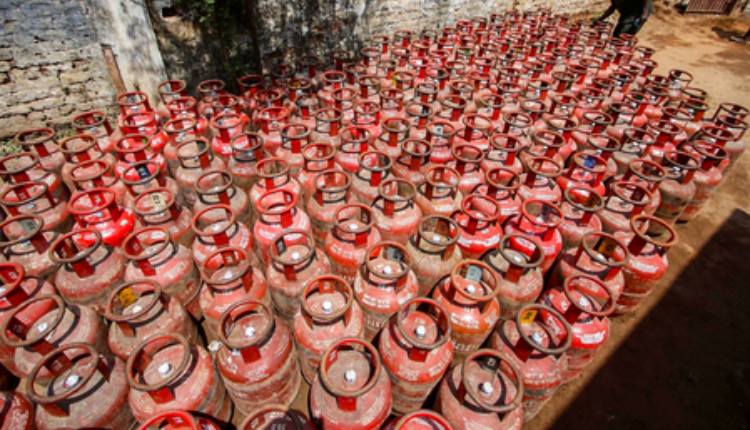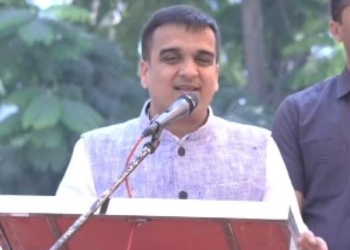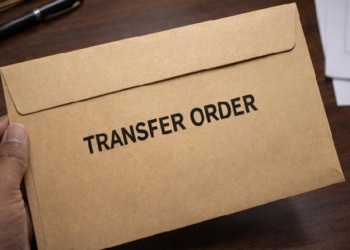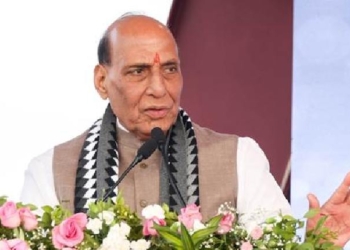New Delhi: India, over the last 11 years, has witnessed a transformative journey in the petroleum and natural gas sector—expanding LPG connections from 14 crore before 2014 to more than 33 crore today, strengthening the natural gas pipeline network from 14,000 km to over 22,500 km, and positioning India as one of the fastest-growing refining hubs globally, Minister of Petroleum and Natural Gas Hardeep Singh Puri said on Tuesday.
The Minister’s remark came as he inaugurated the new office of Indraprastha Gas Limited (IGL) at the World Trade Centre in Nauroji Nagar here.
Puri also inaugurated a new Smart Gas Meter Manufacturing facility set up by IGL in partnership with Genesis Gas Solutions. The plant will be able to produce about one million gas meters every year, including smart and prepaid meters. With production expected to start in October, this initiative will help make India self-reliant in gas meter manufacturing and support IGL’s efforts to provide modern, efficient, and affordable services to customers.
Highlighting IGL’s achievements, the Minister said that the company has extended PNG connections to 250 villages in Delhi, bringing urban amenities such as clean cooking fuel to more than 1 lakh rural households. He stressed that this expansion is not just about infrastructure, but about transforming lives, improving air quality, and reducing emissions while bridging the rural-urban divide.
Reflecting on India’s energy journey, he noted that before 2014, accessing LPG cylinders was a challenge for many households, while today LPG connections cover the entire population. He added that on the first day of Navratri, 25 lakh new LPG connections were announced under the Pradhan Mantri Ujjwala Yojana, which provides clean cooking fuel to economically weaker sections. With this, the total number of connections under the scheme will rise to around 10.60 crore.
He also underlined the success story of IGL, incorporated in 1998, which has become a key player in the city gas distribution sector by supplying CNG to the transport sector and PNG to households, industries, and commercial establishments. IGL today operates 956 CNG stations — nearly 12 per cent of India’s total, has connected over 30.7 lakh households with PNG, supplies clean energy to 5,300 industries and 7,100 commercial establishments, sells 9.3 MMSCMD of natural gas, and refuels 22 lakh CNG vehicles daily.
Puri highlighted that India’s natural gas pipeline network has grown significantly. He expressed optimism over India’s exploration and production efforts, citing promising results from recent finds in the Andaman region.
He further noted that India is rapidly increasing its refining capacity and is already the world’s fourth-largest refining hub. With further expansion, India is poised to become the third-largest, and eventually one of the global centres of refining activity, as smaller standalone refineries elsewhere may struggle to remain viable.
Looking ahead, he said that India’s green energy transformation will involve a diversified mix including biogas, LNG, hydrogen-enriched CNG, EV charging, and swapping infrastructure. IGL has already installed EV charging facilities at 40 stations and has a time-bound plan to expand further.
The minister added that while CNG and electric vehicles will see increased adoption, traditional fuels like petrol will continue to play a role, especially in rapidly growing economic hubs such as the National Capital Region.
(IANS)



